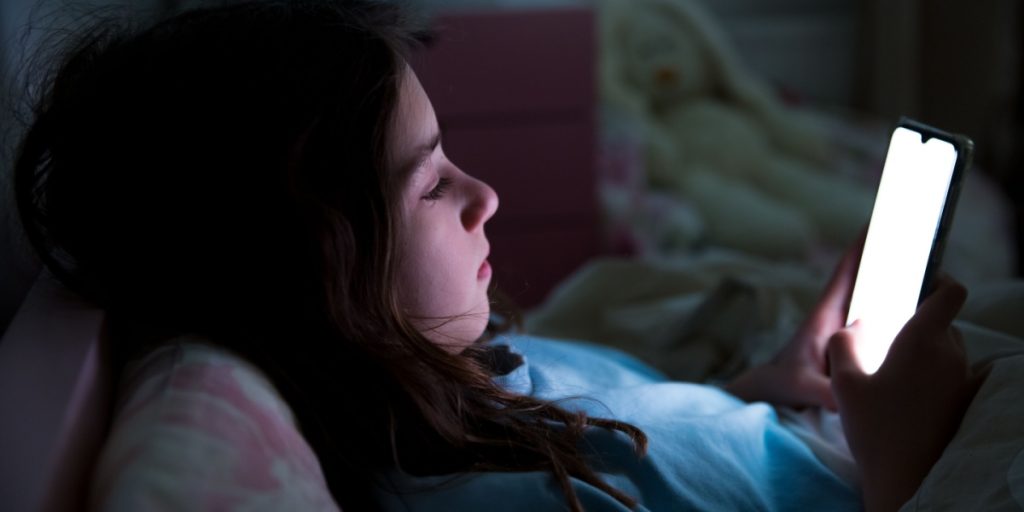Just 15 extra minutes of sleep can significantly boost teen brain power, new research shows.
Others are reading now
A new study has found that even small increases in sleep duration among teenagers can improve brain function.
Researchers observed over 3,000 teenagers and discovered that those who went to bed earlier and slept longer performed better on tests measuring vocabulary, reading, and problem-solving skills. Teenagers who had just 10 to 15 minutes more sleep per night also showed improved cognitive performance.
The study found that none of the participants reached the recommended 8–10 hours of sleep per night for adolescents aged 13 to 18.
Sleep quality was also a key factor.
Also read
Teenagers with lower resting heart rates during sleep—a sign of deeper, more restorative rest—performed better on cognitive tests than their peers.
One issue noted in the study was “social jet lag,” a term used to describe the shift in sleep patterns between weekdays and weekends. This disruption can harm sleep quality and negatively impact brain function.
Despite clear links between sleep and cognitive ability, researchers found no significant difference in school grades between sleep groups, suggesting that academic performance may not always reflect brain health.
Barbara Sahakian, a clinical neuropsychologist at the University of Cambridge, said sleep plays a vital role in memory consolidation.
“This is when the brain stores and processes information from the day, which helps improve learning,” she explained.
Researchers also warned that screen use before bedtime harms sleep. The blue light from phones and computers interferes with melatonin production, making it harder to fall asleep.
Experts are urging schools and parents to place greater emphasis on sleep education to help teenagers build healthier habits and support long-term well-being.
The findings are based on information reported by The Guardian.

